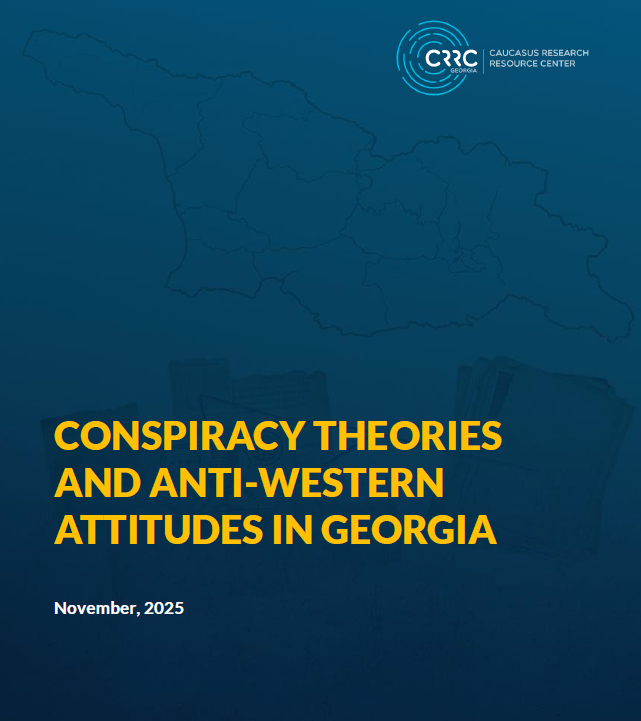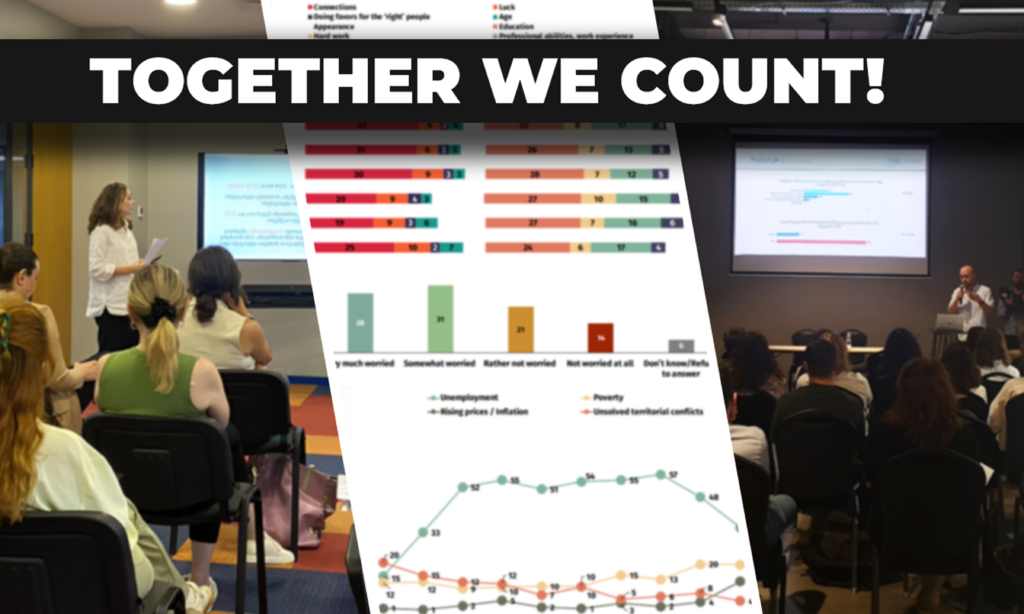Georgian citizens have been able to travel visa free within the Schengen zone for approaching three years, the result of several years of complex dialogue and policy reform. Despite the elapsed time, and a major EU-funded public information campaign, the results of the 2019 Survey on Knowledge of and Attitudes towards the European Union in Georgia (EU Survey) suggest that public knowledge of requirements for visa free travel have fallen since the scheme launched. Similarly, the same period has seen a large rise in the number of Georgian citizens being denied entry to EU countries, with Eurostat reporting over four thousand such cases in 2018 alone, up over a third since 2017.
For a Georgian citizen to enter the Schengen zone under the visa-free regime, the following documents are required:
-
- A biometric passport;
-
- Proof of financial means to cover expenses;
-
- A return ticket;
-
- Proof of address during stay (for example a hotel reservation).
Additionally, stays may not exceed 90 days in any 180-day period, and visitors under the visa free regime are not allowed to work.
In both the 2017 and 2019 waves of the EU survey, respondents were asked about their knowledge of requirements for documentation, length of stay, and right to work. The data suggest a marked decline in areas of knowledge asked about aside from the requirement for a biometric passport and the duration of stay. Falls were seen in awareness of the need for proof of address during the stay, proof of financial means to cover expenses, and a return ticket. In addition, there was a steep decline in knowledge of whether or not one can work during a stay.
To better understand who is more and less aware of the above requirements, a simple additive index describing an individual’s overall understanding of the EU requirements outlined above was developed. Correct responses to the above questions are counted as one point, resulting in knowledge scale from 0-6, with a score of zero representing no correct responses and six representing fully correct responses. Overall, across both waves, less than one percent of respondents answered all six questions correctly, with 13% answering none correctly. The average score on the index decreased from 2.6 in 2017 to 2.2 in 2019.
Scores on the index in 2019 are associated with the sex, age, ethnicity, employment status, education level, and internet use. After accounting for other factors, there is no significant differences in awareness between people living in Tbilisi, other urban areas, and rural areas. Younger people, men, people with tertiary education or higher, ethnic Georgians, the employed, and regular internet users are more likely to have better knowledge of the requirements for visa free travel on average, all else equal. By far the largest observed difference was for ethnic minorities, who are predicted to score one point lower on the knowledge index than ethnic Georgians.
This pattern is reflected in minorities reporting lower levels of awareness across all questions asked, except travel insurance. For example, 56% of ethnic minority respondents knew about the need for a biometric passport compared to 81% of Georgians survey – a 35 percentage point difference. Similarly large differences between Georgian and minority respondents were observed in correct responses relating to the right to work and financial requirements for entry, with minority respondents as a group respectively scoring 17 and 14 percentage points lower than their ethnic Georgian counterparts.
Although ethnic minorities are consistently less aware of visa free regulations, the overall decline in awareness appears to be driven by a fall among ethnic Georgian respondents. Between 2017 and 2019, there is a rise along some dimensions of knowledge of the requirements reported by ethnic minority groups. However correct responses from ethnic Georgian respondents have fallen in three of the six domains asked about.
While knowledge is lower among ethnic minorities, their knowledge has increased between waves of the survey along some dimensions. In contrast, awareness of the rules of visa free travel have been on the decline among the ethnic Georgian population.
With the available data, it is not possible to identify the source of the higher baseline (2017) scores for ethnic Georgian respondents vis-à-vis ethnic minorities, nor the driving factors behind their divergent changes over the past two years. This noted, this pattern would be consistent with the hypothesis that previous information campaigns may have been more effective in reaching ethnic Georgians than minority groups, and that public awareness has slipped as this issue has fallen from national headlines.
Substantial numbers of Georgian citizens have been denied entry to the EU since the introduction of visa-free travel, a process which generates significant financial costs and personal distress for the individuals concerned. In this context, it is concerning that the Georgian public’s knowledge of requirements for visa-free travel to Schengen zone countries has fallen since 2017 – suggesting a need for renewed messaging around the details of the scheme.
Furthermore, whilst there are some differences between knowledge across many demographic categories, ethnic minority groups display substantially lower knowledge than any other group. As such, for any renewed information campaign to be effective, it should take concrete steps to ensure the inclusion of ethnic minority groups.
Note: The data presented in the above blog post is available here. Replication code for the regression analysis is available here.










